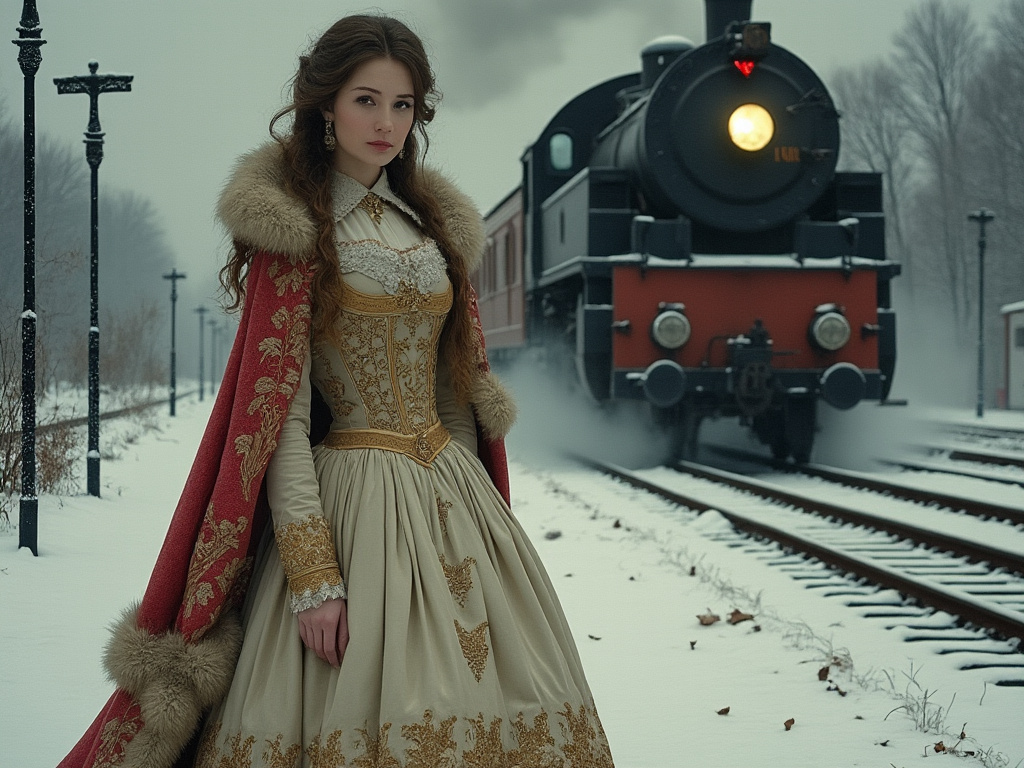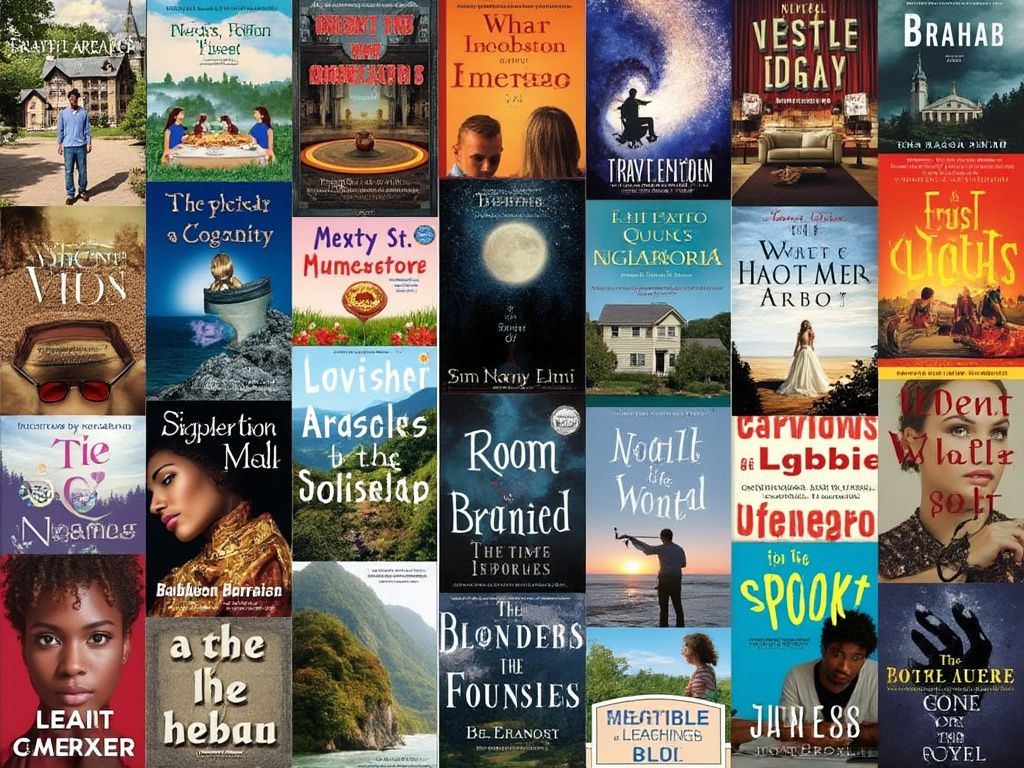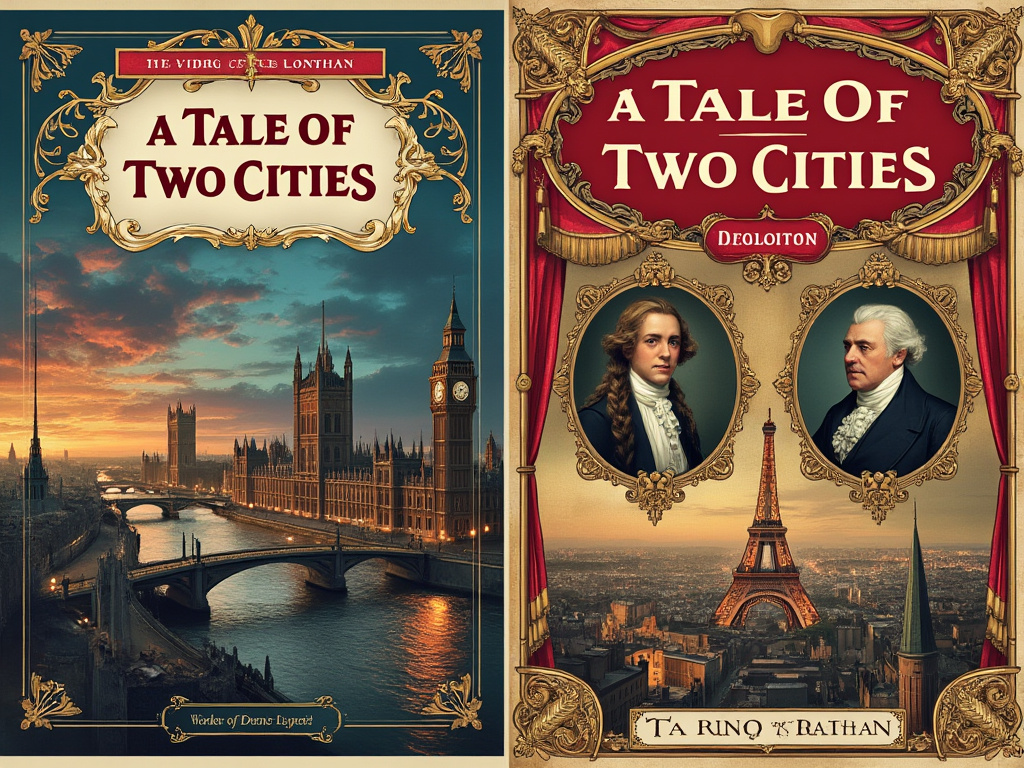“Anna Karenina” by Leo Tolstoy is widely regarded as one of the greatest novels ever written, offering a profound exploration of the complexities of human relationships, society, and morality. First published in 1877, this masterpiece by Tolstoy has captivated readers for over a century with its rich character development, intricate plot, and deep psychological insights. The story of “Anna Karenina” revolves around the tragic love affair between the titular character, Anna, and the dashing Count Vronsky, set against the backdrop of 19th-century Russian society.

At its core, “Anna Karenina” is a story of passion, betrayal, and the consequences of defying societal norms. Tolstoy presents Anna as a beautiful, intelligent, and passionate woman trapped in a loveless marriage with Alexei Alexandrovich Karenin, a high-ranking government official. When Anna meets Count Vronsky, a handsome and charismatic officer, she is swept off her feet and abandons her husband and son for the sake of love. However, the consequences of her decision are devastating, as she becomes increasingly isolated from society and struggles with guilt, jealousy, and despair.
One of the most remarkable aspects of “Anna Karenina” is Tolstoy’s ability to create complex, multi-dimensional characters. Anna herself is a fascinating and tragic figure, embodying both strength and vulnerability. Her passion for Vronsky is all-consuming, but it ultimately leads to her downfall. Tolstoy skillfully portrays her inner turmoil, capturing the intensity of her emotions and the psychological torment she endures as she grapples with the consequences of her actions. The novel’s exploration of Anna’s character is one of its greatest strengths, making her one of the most memorable heroines in literature.
Tolstoy’s Masterful Narrative and the Depth of Russian Society
Tolstoy’s Anna Karenina is not just a love story. It critiques the rigid social structures and moral codes of 19th-century Russia. Through Anna’s tragic fate, Tolstoy exposes the hypocrisy and double standards of society. Society condemns women for transgressions that men are often forgiven for. People meet Anna’s affair with Vronsky with scorn and ostracism. Vronsky faces far fewer consequences. This double standard highlights the limitations placed on women. It shows the harsh judgments they face for seeking happiness outside of marriage.
In addition to Anna’s story, Anna Karenina weaves in the parallel narrative of Konstantin Dmitrievich Levin. Levin is a landowner who struggles with questions of faith, purpose, and identity. His journey of self-discovery and quest for meaning provide a counterpoint to Anna’s tragic love story. Through Levin, Tolstoy explores themes of rural life and the search for spiritual fulfillment. Levin’s story adds depth to the novel, offering readers a broader view of Russian society.
The setting of Anna Karenina is richly detailed. Tolstoy paints a vivid picture of both the opulent world of the Russian aristocracy and the more modest life of the rural gentry. The novel’s depiction of St. Petersburg, Moscow, and the Russian countryside serves as more than just a backdrop. It reflects the contrasts between different ways of life and the varying values and beliefs of the characters. Tolstoy’s attention to detail and ability to capture the nuances of Russian society make Anna Karenina a compelling story. It is also a valuable historical document.
The Philosophical Depth and Lasting Impact of Anna Karenina
One reason Anna Karenina has endured as a classic is Tolstoy’s masterful use of language and narrative structure. The novel’s intricate plot is skillfully woven together. Multiple storylines converge and diverge in a way that keeps readers engaged. Tolstoy’s prose is both lyrical and precise, capturing human emotions and complex social interactions. His use of symbolism adds layers of meaning to the story. The repeated references to trains, for example, are associated with fate and destiny.
An Anna Karenina summary would highlight the novel’s exploration of passion, societal constraints, and the search for personal fulfillment. However, such a summary cannot capture the richness of Tolstoy’s narrative or the depth of his characters. “Ana Tolstoy” (as some readers affectionately call her) embodies the contradictions and struggles of the human experience. Her story is timeless and universally relatable.
Another aspect that makes Anna Karenina a literary masterpiece is its exploration of moral and philosophical questions. Tolstoy delves into the nature of love and the conflict between personal desires and societal expectations. The novel raises important questions about happiness and the price one must pay for it. Anna’s tragic fate serves as a cautionary tale. It warns about the dangers of pursuing passion at the expense of everything else. Levin’s journey suggests that true fulfillment comes from living a life of integrity and purpose.
For readers who appreciate complex characters and thought-provoking themes, Anna Karenina is a must-read. Tolstoy’s ability to capture human relationships and societal contradictions makes this novel as relevant today as when it was first published. Whether you are drawn to Anna’s tragic love story or Levin’s philosophical musings, Anna Karenina offers a profound and rewarding reading experience.
You might be interested in reading War and Peace by Leo Tolstoy as well.
More Book Reviews on NFTBOOKS platform is HERE.







